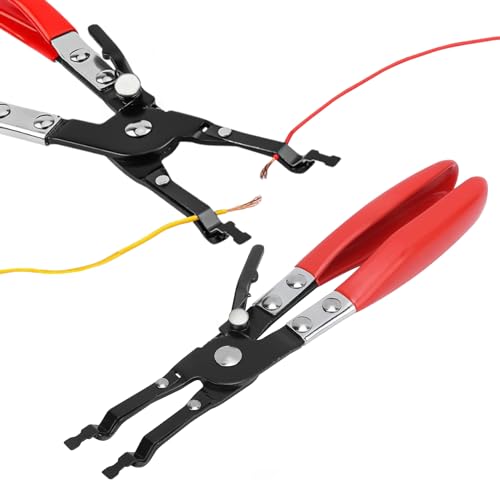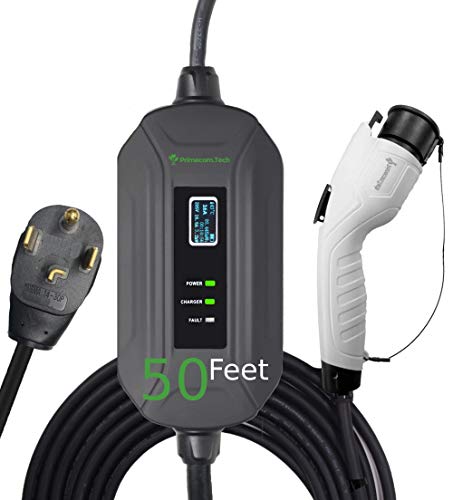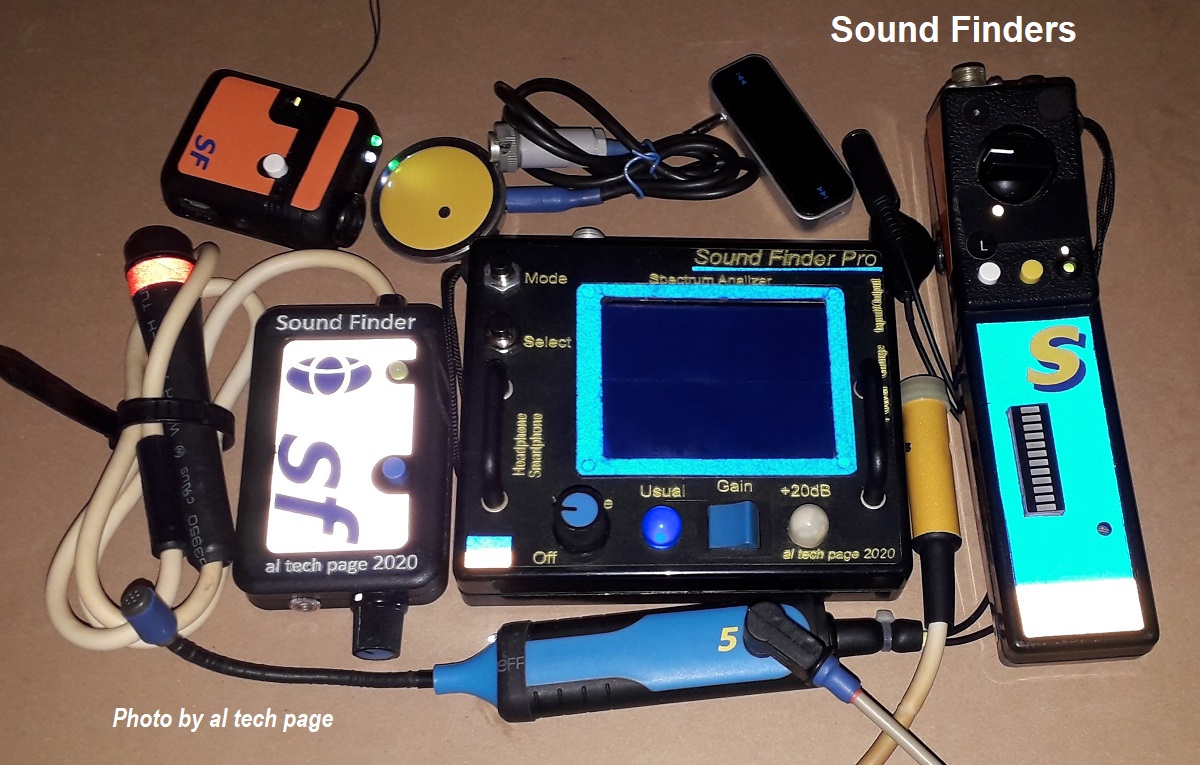Hi Experts - We are having a bit of an issue with our Rav4EV. We are the original owners and since purchase, we had to change the drive train unit in 2017 and then other parts in 2019 (unrelated to the drive train).
Then last month, we again had a set of issues including the need to replace the drive train (again), Battery coolant heater assembly and the converter assembly. Now after dealing with Toyota Brand Engagement, they were able to release the drive train unit but on the other parts, they are saying the parts are not available and neither do they have an ETA.
I do have an extended warranty that I had purchased before the original warranty ran out.
Have others had issues with the above parts, did they get the replacement, how long did it take? And if the repain was not able to be completed what were the options that Toyota offered in terms of buy back etc? We are based in California - Bay Area. Please advise.
Thanks!
Then last month, we again had a set of issues including the need to replace the drive train (again), Battery coolant heater assembly and the converter assembly. Now after dealing with Toyota Brand Engagement, they were able to release the drive train unit but on the other parts, they are saying the parts are not available and neither do they have an ETA.
I do have an extended warranty that I had purchased before the original warranty ran out.
Have others had issues with the above parts, did they get the replacement, how long did it take? And if the repain was not able to be completed what were the options that Toyota offered in terms of buy back etc? We are based in California - Bay Area. Please advise.
Thanks!































![Car Charger Adapter - [Upgraded Version] Car Fast Charger with 4 Ports (PD+QC3.0+USB C) Atmosphere Light - 12-24V Car Truck SUV Universal USB Cigarette Lighter Adapter(QC3.0+PD+2.4A+2.4A)](https://m.media-amazon.com/images/I/41TzjUqcNaL._SL500_.jpg)




